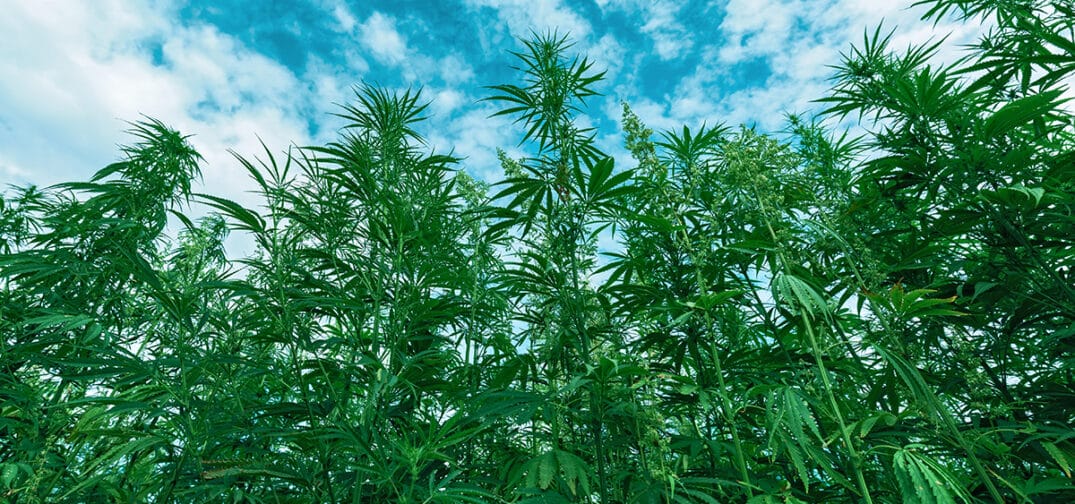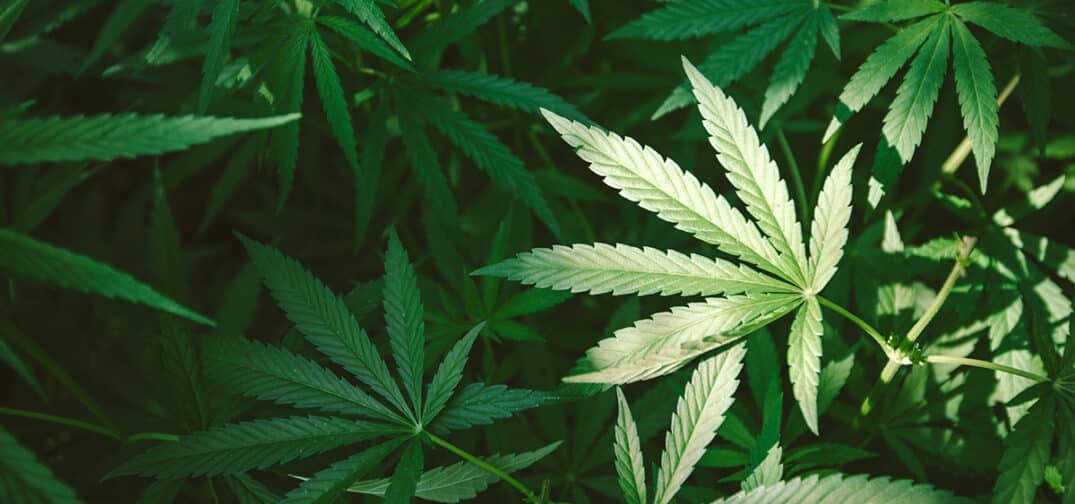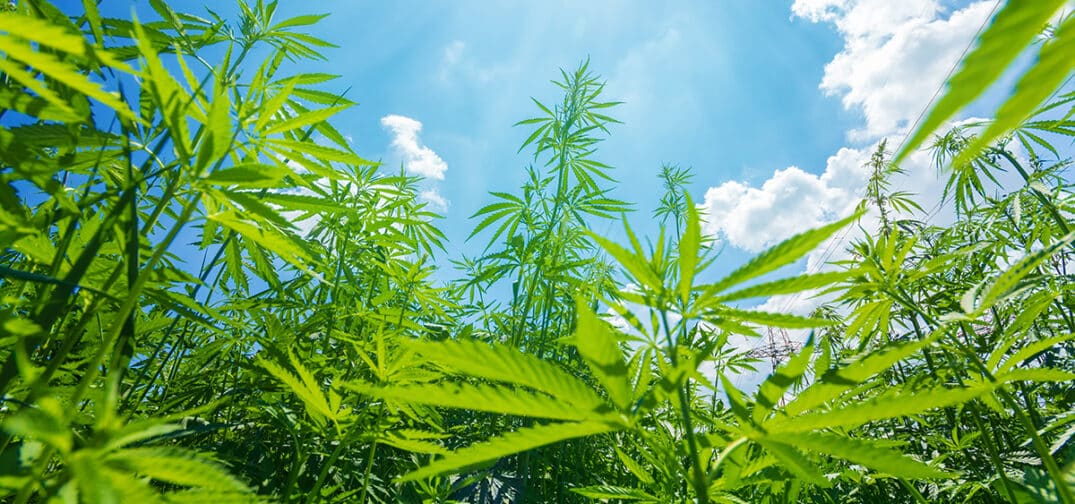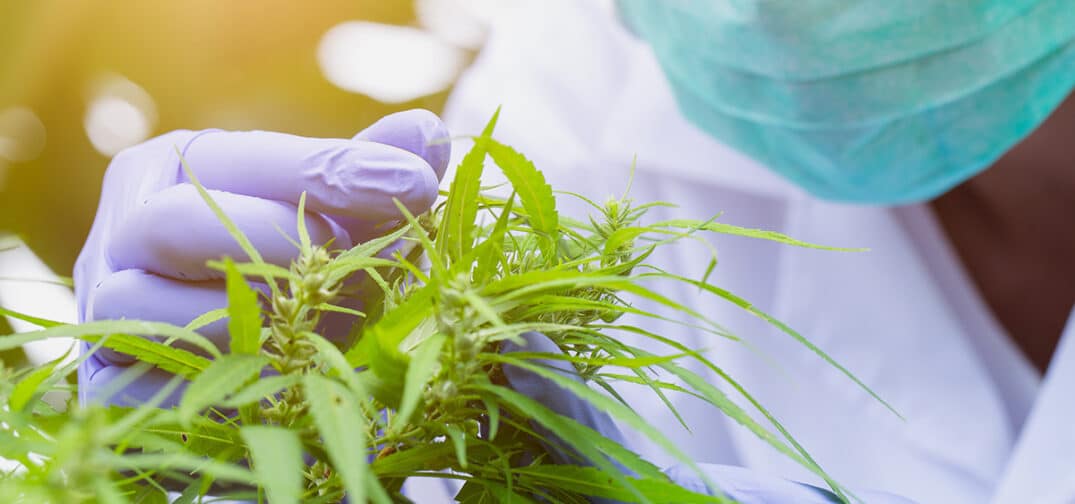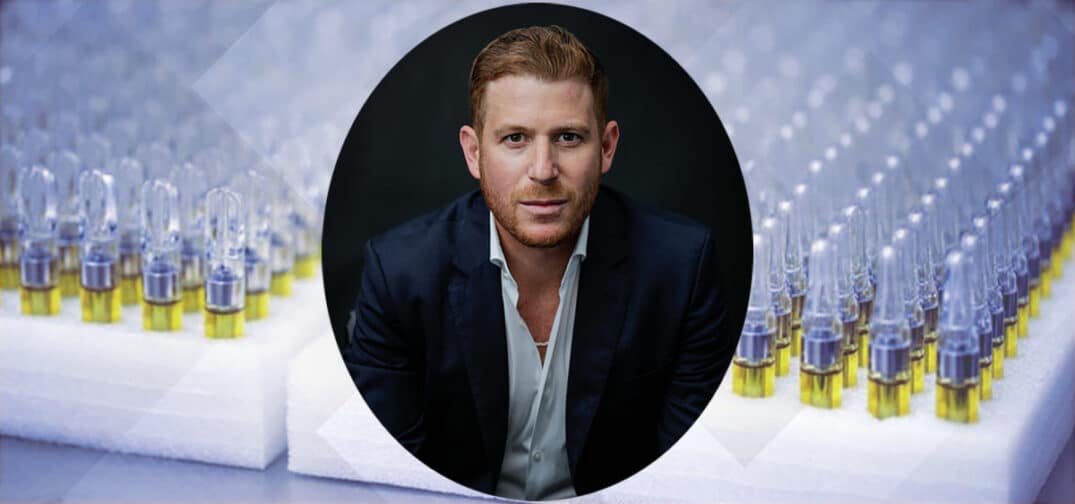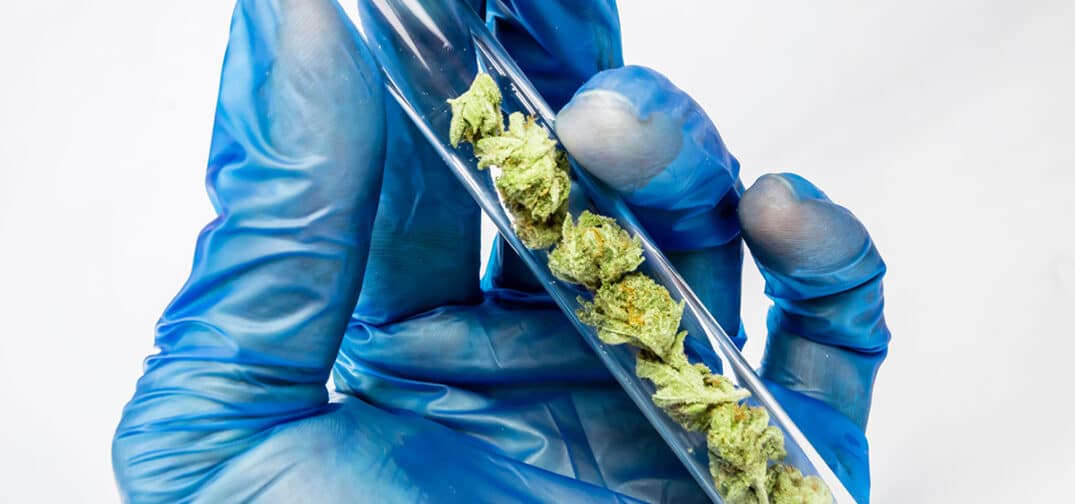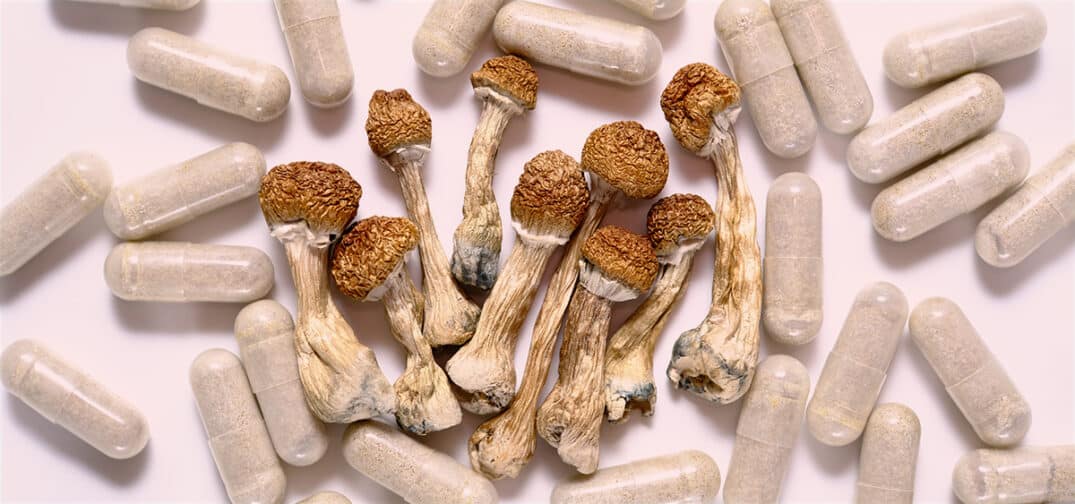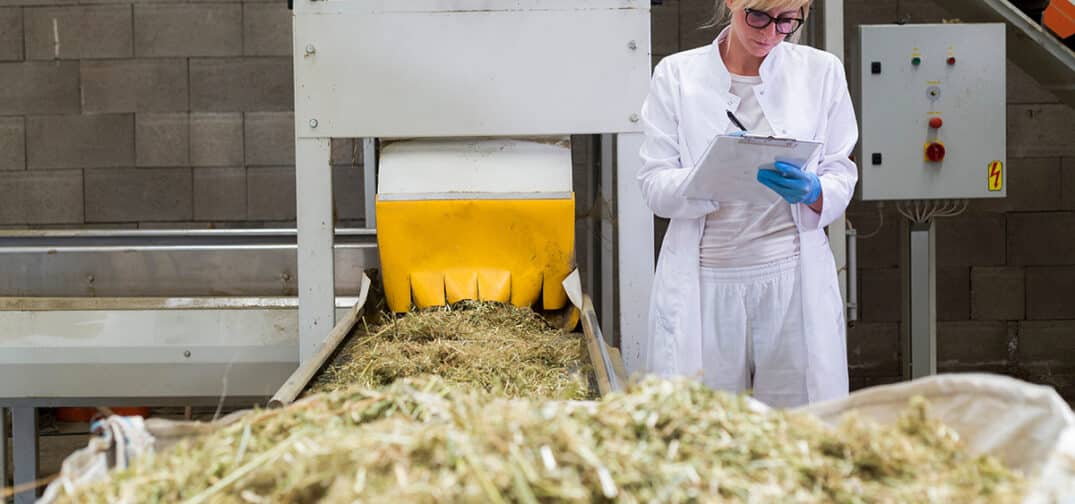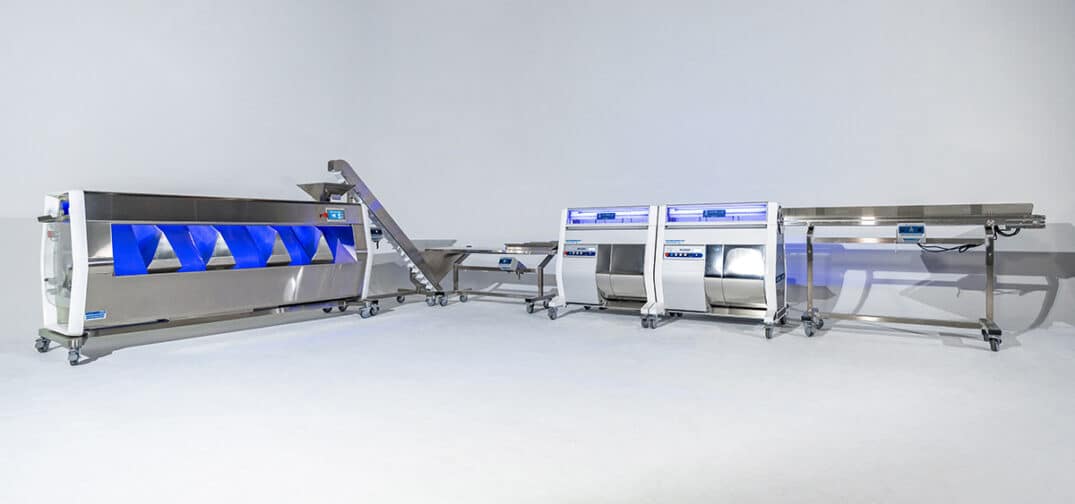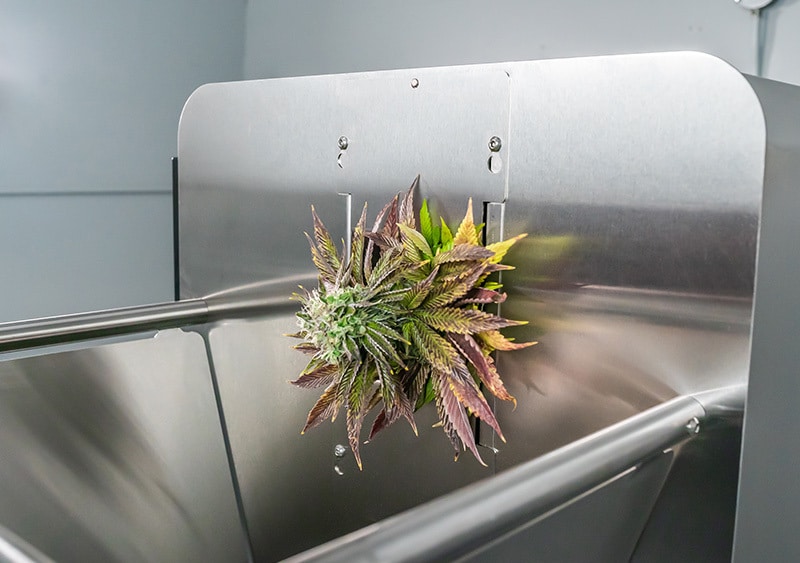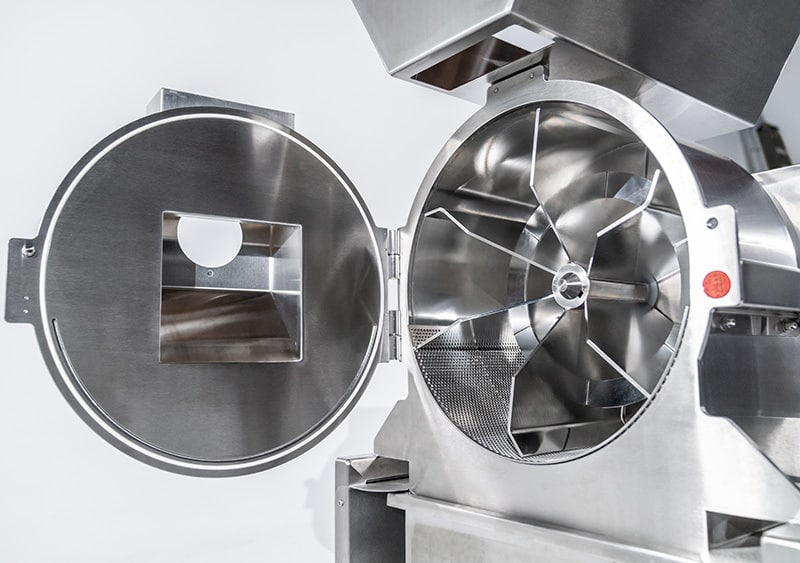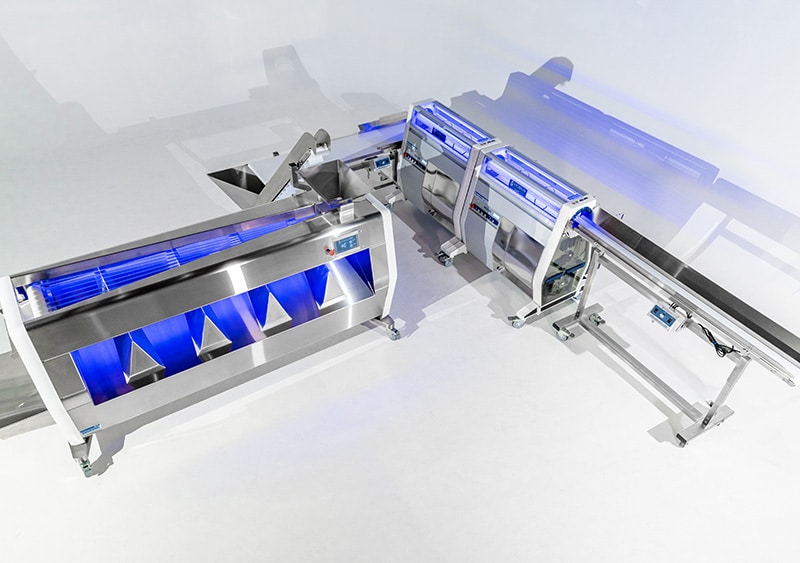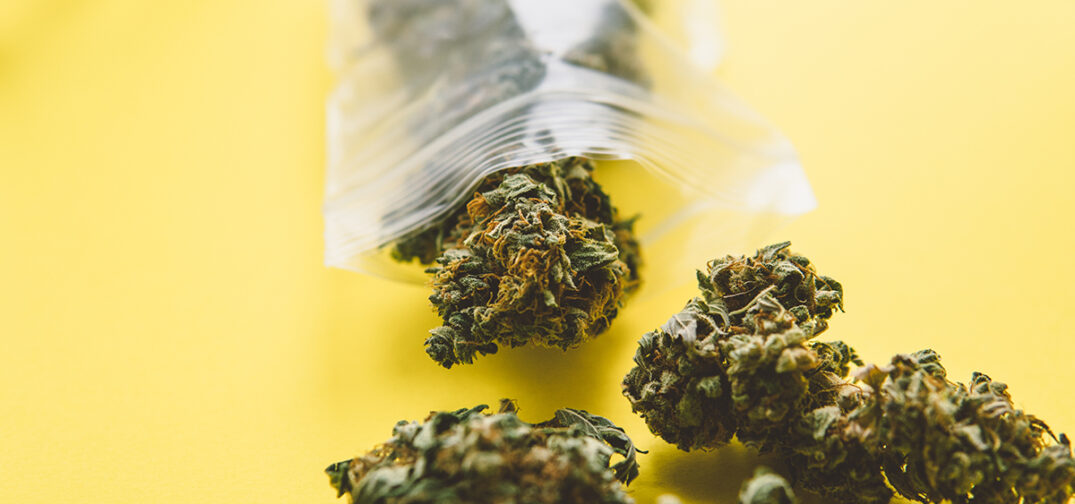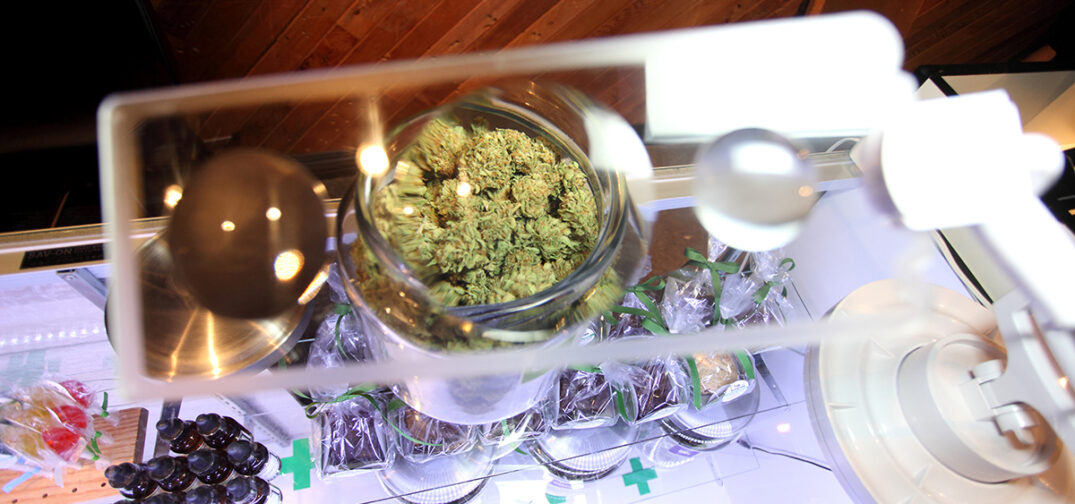Vaporizers are frequently lauded as a “smoother” or even “safer” alternative to smoking, but whether or not that’s true depends on the quality of the vape hardware in question. Additionally, not all vaporizers were designed to be used exclusively with cannabis, meaning that vape consumers are frequently faced with inconsistent — and even undesirable — product experiences. U.S.-based Advanced Vapor Devices (AVD) was founded to address these concerns.
In this written Q&A, we ask Michael Brosgart — the Chief Operating Officer for AVD — about the evolution of their technology, the company’s founding and R&D process, and what separates AVD vaporizers from products by other vape manufacturers.
Read his answers, and more, in the full interview below!
What was your career path prior to joining AVD?
Born and raised in the Bay Area, I was surrounded by cannabis culture. But when I graduated college in 2005, there was no career path in cannabis.
I worked for over a decade in the Latin American finance industry, providing corporations, banks, and governments in the region with access to global investors. I also worked in the luxury beauty industry and gained valuable experience in consumer packaged goods and how to sell them through B2B channels. All that knowledge became an asset as I entered the cannabis industry.
Before joining the AVD team, I was the VP of Sales and Marketing at The Arcview Group and worked with some of the top brands in the cannabis industry. That’s where I met Alex Kwon, CEO and Co-Founder of AVD, who was in the process of launching the company in 2018. The rest, as they say, is history.
What separates AVD’s technology from other vaporizers?
Cannabis knowledge is key: Unlike most vaporizers in the market that leverage e-cigarette technology and adapt it for cannabis oil, our product innovation is rooted in our team’s decades of experience working with cannabis and extracting its compounds.
To this end, we have our own manufacturing facilities and control every facet of our operation – from raw material supply to product delivery. This way, we can translate our plant knowledge into vape hardware that delivers the best possible performance for cannabis.
We’re known for engineering devices that provide an exceptional flavor experience. A key feature is our No-Burn Technology™ consisting of various elements that work together to preserve authentic flavors, including our proprietary ceramic core that smoothly absorbs oil for consistent heating, vaporization, and flavor retention. By embedding the heating coil in the ceramic core, hot wires are not directly exposed to oils. Instead, heat is evenly transmitted, preventing burnt oil.
Most AVD batteries feature PowerWave™. As the name suggests, the battery sends short intermittent pulses to the cartridge for optimal heating that avoids heat spikes, an essential aspect of flavor preservation.
How has your vaporizer hardware changed and evolved over the years?
Our technology has evolved to keep up with oil producers’ pursuit of consistent reliability, flavor, and innovation. Over the years, we have continued refining our components and experimenting with new material sciences, carefully curating new products, including the ever-popular all-in-one devices that are so prevalent these days.
Our fundamental approach to product development has stayed the same over the years – extensive R&D, stringent quality control, and adherence to international quality standards.
We also continue our mission to innovate for our clients’ benefit and advocate for the cannabis industry. We recently shouldered the litigation burden and won a year-long patent infringement lawsuit initiated by Chinese e-cigarette maker Shenzhen Smoore Technology Limited (parent company of CCELL) against some 30 U.S. vape companies.
What is the R&D process like at AVD?
Our R&D process is informed by the market, trends, and our clients. It generally takes two paths: invention and building new products from the ground up; and refinement and enhancing our existing technologies to suit a client’s needs. For example, we recently helped a major MSO launch an exclusive product designed specifically for their consumers and markets.
How does AVD grow its customer base?
At a deeper level, we value our relationships over any one transaction. This approach builds and fosters meaningful industry relationships. The outcome is an established customer base who advocate for AVD and spread the word.
What is something you wish more vape consumers understood about vaping technology?
It comes down to education and consumers’ understanding of what distinguishes a high-quality vape from a low-quality one. Not all vapes are equal, and this is most evident in consumer feedback about vapes that taste terrible and burn their throat and lungs.
Many consumers pick their vapes by association, meaning they choose the brand instead of the actual hardware. I wish more consumers would ask about brands’ manufacturers: the technology, raw material inputs, and standards they adhere to. This understanding would help avoid the unpleasant experiences often reported by cannabis vape shoppers.
What do you think the future holds for cannabis vaporizers and vaping technology?
Vapes are already one of the most popular formats for consuming cannabis, and they are growing in popularity by the day. As for the promise of the technology, I believe it will transcend the cannabis industry and influence other dosing technologies and delivery systems. A great deal of innovation is taking place in cannabis vaporization technology that could potentially impact and change delivery systems for medicine, oil, and other liquids.
What is your advice for entrepreneurs who are looking to join the cannabis space, whether at the head of their own cannabis company or an ancillary business?
Expect to fail fast. This business is not for the faint of heart—try your best to “fail forward” and learn from setbacks.
Respect the plant. We are liberating the plant from decades of prohibitionist stigma, and someone entering the industry should respect that mission. A cannabis license is not a license just to make money but to invest in this meaningful cause.
Have a vision and execute it. When you disrespect the process or think you have it all figured out, the industry will humble you.
Thank you, Michael, for answering our questions! Readers can visit AVD710.com to learn more.

